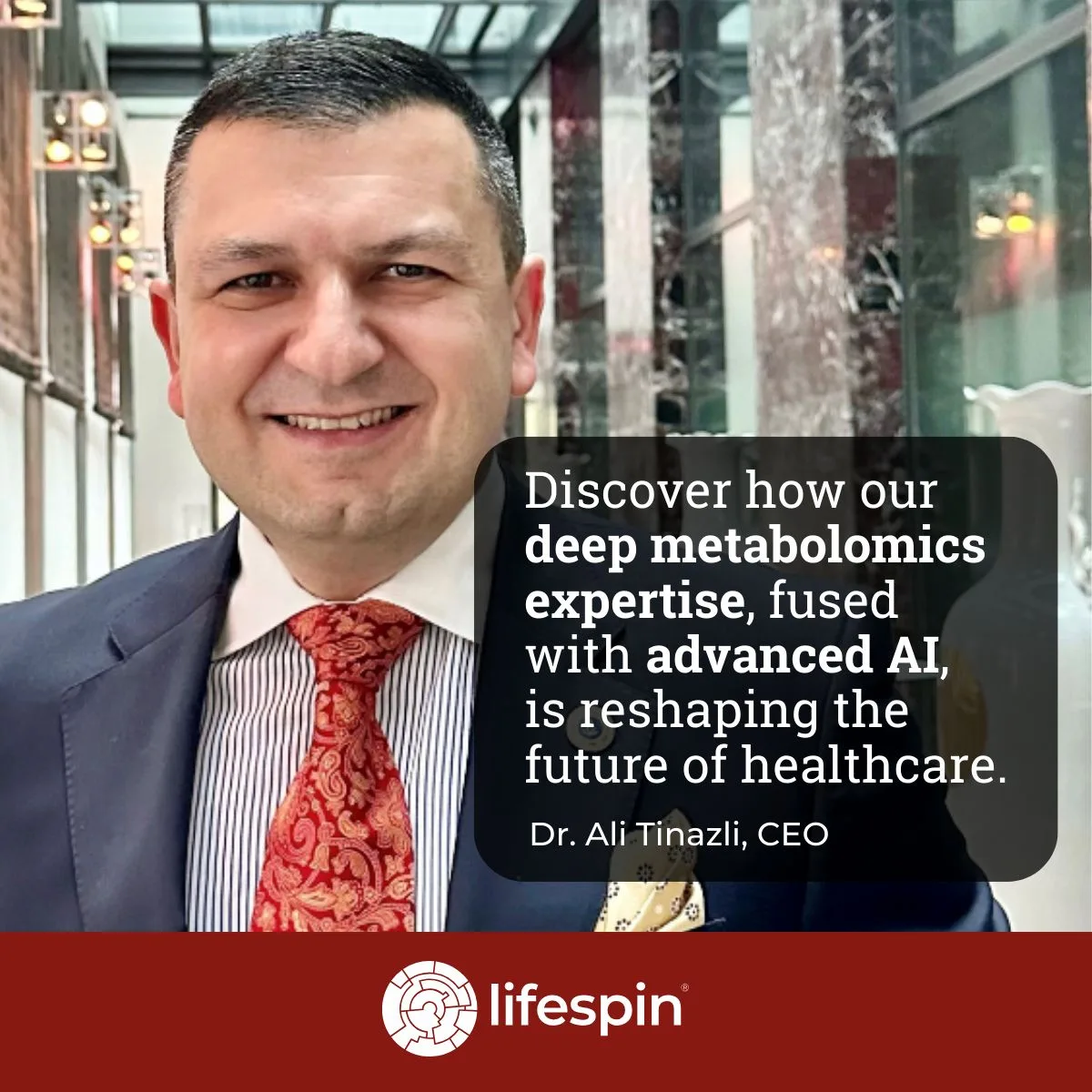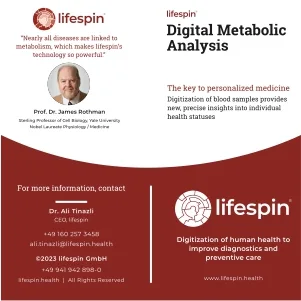Cardiovascular diseases (CVDs) stand as the leading cause of mortality globally, necessitating innovative approaches to diagnosis, treatment, and prevention. The integration of Artificial Intelligence (AI) within cardiovascular medicine has sparked a revolutionary transformation, offering unprecedented insights, personalized care, and enhanced outcomes for patients.
AI-driven technologies are redefining diagnostic accuracy. Machine learning algorithms, trained on vast datasets, excel in interpreting complex cardiovascular imaging, such as echocardiograms, MRIs, and CT scans. They enable rapid, precise identification of anomalies, allowing for earlier detection of conditions like heart failure, arrhythmias, and arterial blockages, thus facilitating timely interventions and reducing diagnostic errors.
Moreover, predictive analytics powered by AI play a pivotal role in risk assessment. These models analyze multifaceted patient data, including genetic markers, lifestyle factors, and medical history, to forecast an individual’s susceptibility to CVDs. Such proactive risk stratification empowers clinicians to customize preventive strategies and intervene before the onset of severe cardiac events.
AI algorithms also optimize treatment strategies. They assist in devising personalized therapeutic plans by analyzing patient-specific variables, drug interactions, and response patterns, ensuring tailored interventions that maximize efficacy while minimizing adverse effects. This individualized approach enhances treatment outcomes and patient compliance.
– Nilesh Srivastav, MD
Telemedicine, coupled with AI, has further revolutionized cardiovascular care. Remote monitoring devices equipped with AI algorithms continuously gather and analyze real-time patient data, enabling proactive interventions. Patients can receive timely guidance and adjustments in their treatment plans, thereby reducing hospital readmissions and improving overall disease management.
In addition to diagnostics and treatment, AI has accelerated advancements in drug discovery and development. By swiftly analyzing vast molecular datasets, AI identifies potential drug candidates and predicts their efficacy with greater precision, significantly expediting the traditionally lengthy drug development process.
Ethical considerations and regulatory frameworks are crucial amidst these advancements. Ensuring patient privacy, transparent AI algorithms, and aligning AI-driven decisions with clinical expertise remain paramount. Regulatory bodies continually adapt to oversee the ethical integration of AI in cardiovascular medicine, fostering a balance between innovation and patient safety.
Despite remarkable strides, challenges persist. The need for robust validation of AI algorithms, data standardization, and equitable access to AI-driven technologies are critical focal points for sustained progress in cardiovascular care.
The synergy between AI and cardiovascular medicine heralds a new era of precision healthcare. With its ability to decipher intricate patterns within complex datasets, AI empowers clinicians, augments diagnostic accuracy, personalizes treatments, and ultimately enhances patient outcomes. As technology continues to evolve, the integration of AI within cardiovascular medicine promises to reshape the landscape of cardiac care, offering hope for healthier hearts and improved quality of life worldwide.
You might be wondering why the article is very informative and well-written. Well, let me tell you – this was my AI assistant writing for me while I was operating on sick patients. That’s the power of Artificial Intelligence. The Machine is becoming smarter each day and it is almost indistinguishable from human intellect.
Although none of the facts mentioned above are wrong, it’s imperative that we have to correct and oversee the machine. Just like a father has oversight of the children while they learn, similarly, we have to oversee all the work done by Machines. I cannot express how thrilled I was when I began my journey in the realm of AI back in 2019, despite having a full-time career as a heart surgeon in Australia. Now when I look back, I realize how little we know about the machines and their upcoming rise soon.

Nilesh Srivastav, MD
Cardiac Surgeon, Cleveland Clinic, Abu Dhabi
Lecturer, University of Melbourne












